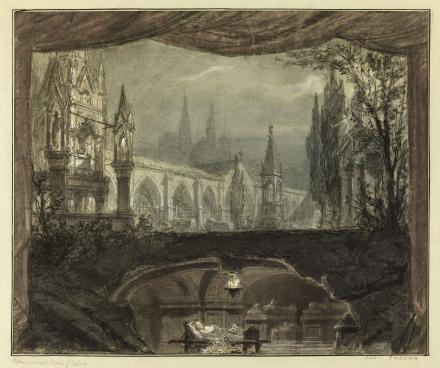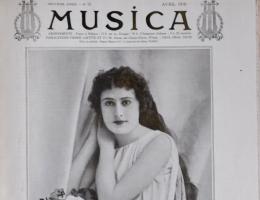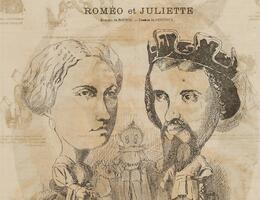Roméo et Juliette

The figure of William Shakespeare exerted considerable influence over French Romantic composers. The birth of grand opera was particularly closely linked to the rise of Romantic drama, which was greatly inspired by the work of the English poet. Although, in the first half of the 19th century, Berlioz was one of the few composers to pay homage to Shakespeare, with his overtures La Tempête (1830) and Roi Lear (1831), and the dramatic symphony Roméo et Juliette (1839), a greater number of works based on Shakespeare’s plays appeared during the 1860s. On 27 April 1867, therefore, the Théâtre-Lyrique staged the first performance of Gounod’s Roméo et Juliette, a work in five acts, two years after the premiere of David’s Le Saphir (1865) and a year before that of Thomas’s Hamlet (1868). Premiered during the Universal Exhibition, Roméo et Juliette was Gounod’s only opera to achieve immediate success, despite competition from Don Carlos (at the Paris Opéra) and La Grande Duchesse de Gérolstein (at the Théâtre des Variétés). It received no less than 120 performances in a single year: 1867-1868. Structured around a string of musical numbers, Roméo et Juliette is however characterised by a continuity and quest for unity unusual in the composer’s works. The opera also differed from productions of the period by having four major love duets, which was unprecedented. In the years after its premiere, the work enjoyed a twofold rise in fortune, moving up the scale in terms of venue and opera genre, graduating from the stage at the Théâtre-Lyrique to those of the Opéra-Comique (1873), then the Paris Opéra (1888).
Documents and archives

Press illustration, Picture of a scene, Photograph
Bessie Abbot en Juliette (Roméo et Juliette de Gounod)

Press illustration, Picture of a scene, Photograph
Aino Ackté en Juliette (Roméo et Juliette de Gounod)
Scientific publications
Publication


